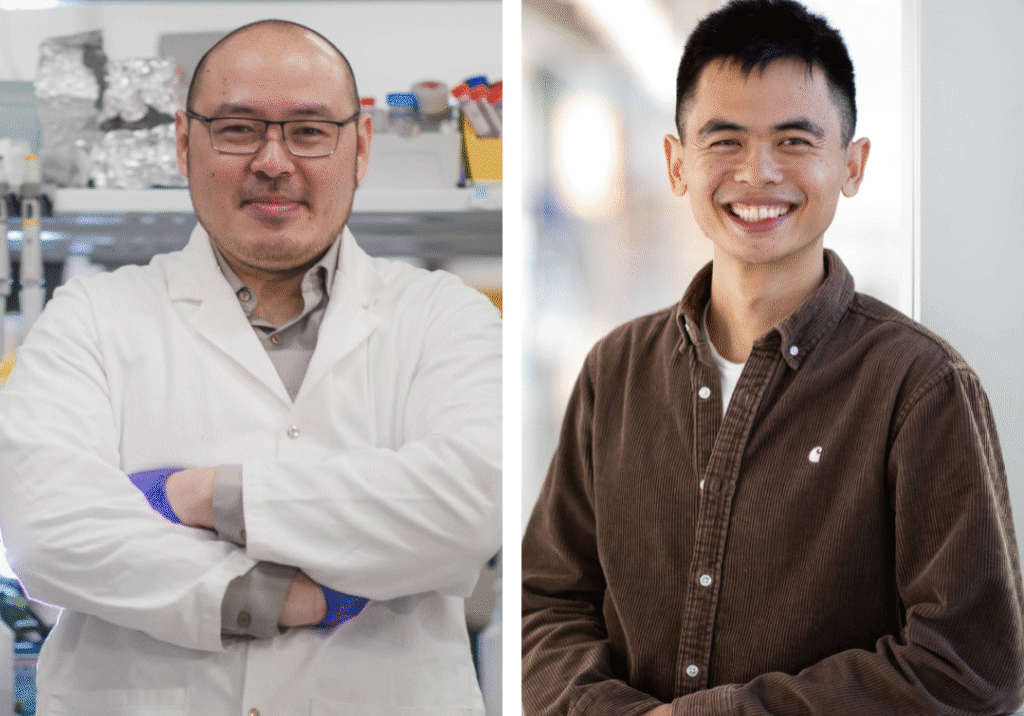Four core faculty members from the University of Toronto’s Institute of Biomedical Engineering (BME) have received funding from the Canadian Institutes of Health Research (CIHR) Project Grant: Spring 2025 competition. Professors Tom Chau, Jonathan Rocheleau, Craig Simmons, and Molly Shoichet are among 435 researchers supported through this round of funding, which will distribute approximately $411 million to health-related research projects across Canada.
The CIHR Project Grant program is designed to support ideas with the greatest potential to advance fundamental or applied health research. It funds projects at all stages, from discovery to application, and encourages interdisciplinary collaboration across disciplines, professions, and sectors.
A complete list of winners can be found here.
Monitoring skin health in children with disabilities
Professor Tom Chau received $722,925 to study the relationship between thermal imaging and skin integrity in children wearing lower limb orthopedic casts. The research will focus on developing machine learning models that can detect early signs of pressure injuries by analyzing thermal images of casted limbs. The project aims to improve monitoring for children who may be unable to communicate discomfort due to disability or reduced sensation.
Creating heart valves that grow with the patient
Professor Craig Simmons was awarded $940,950 for a project developing tissue-engineered pulmonary valves for congenital heart defect repair. The valves are designed to mimic the stretch and function of natural heart tissue, using biodegradable scaffolds created through melt electrowriting. The team will test these valves in preclinical animal models to evaluate their ability to grow and function over time, reducing the need for repeat surgeries in children.
Investigating the role of NAD in insulin secretion
Professor Jonathan Rocheleau received $791,776 to study how the co-factor NAD influences first-phase insulin release in the pancreas. Using islet-on-a-chip devices and live-cell imaging, his lab will examine whether changes in NAD levels caused by inflammation can disrupt insulin secretion. The findings may lead to new strategies for restoring insulin release in early-stage diabetes.
Developing localized therapy for brain and spinal cord injury
Professor Molly Shoichet and her collaborators secured $948,600 to advance a therapeutic platform for spinal cord and brain injury. Her team has engineered a stabilized form of the enzyme chondroitinase ABC (ChASE37-AR) for sustained local delivery to damaged tissue. The research will support preclinical studies and business development activities to establish Chase Biotherapeutics, a spin-off company focused on translating this technology into clinical use.










